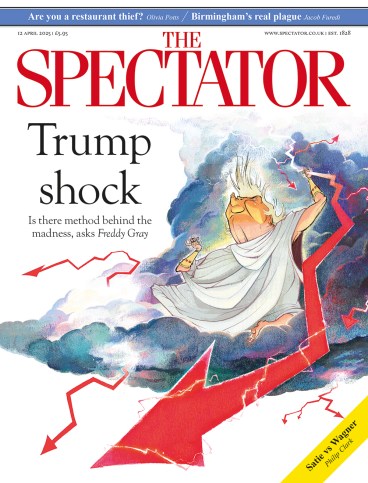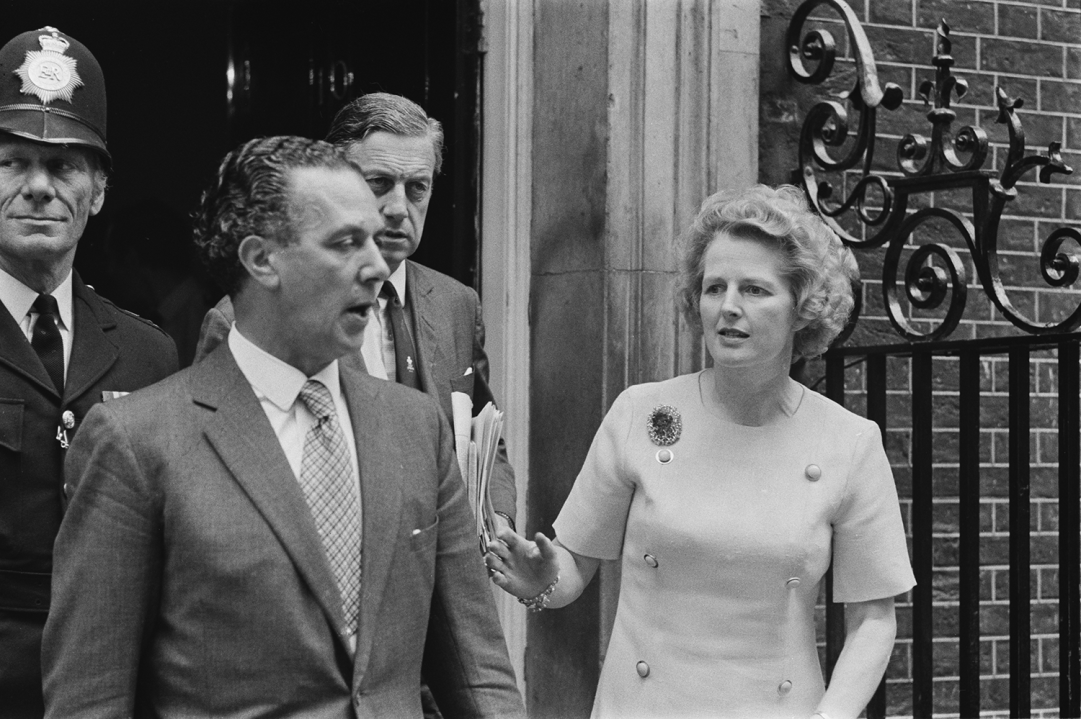
The launch of Radio 4’s Invisible Hands series has been both blessed and cursed by timing. It tells the story of Britain’s ‘free market revolution’, just as President Donald Trump overhauls the free trade consensus of the past 40 years and world leaders grapple with how to respond. The problem is the hypotheticals posed at the start of the first episode – that free market capitalism ‘might be in crisis’; that ‘the global free market might be under threat’ – are already out of date. It’s settled. Free trade is out, tariffs are in. Welcome to the trade wars.
The world could do worse than look to the ‘Invisible Hands’ for a solution to the crisis. This is the name of the small group of characters whose free-market convictions tore down Clement Attlee’s socialist vision for Britain and shaped the country into a world-leading example of capitalism in action. The series is told through the biographies of these men (and one notable lady) – individuals and moments that changed the course of economic history.
We see how the tragic death of a young soldier inspires a brother, Sir Antony Fisher, to continue the fight for freedom long after the second world war is over. Fisher, a poultry entrepreneur and veteran, establishes the Institute of Economic Affairs after reading and meeting Friedrich Hayek. The free-market scholar tells Fisher to expand and educate the ‘second-hand dealers in ideas’ – the journalists, commentators, intellectuals who ultimately shape nations. To engage with politicians, too.
Enter Keith Joseph (episode two: ‘The Mad Monk’) and Margaret Thatcher, who take those free-market teachings into the heart of government.










Comments
Join the debate for just £1 a month
Be part of the conversation with other Spectator readers by getting your first three months for £3.
UNLOCK ACCESS Just £1 a monthAlready a subscriber? Log in